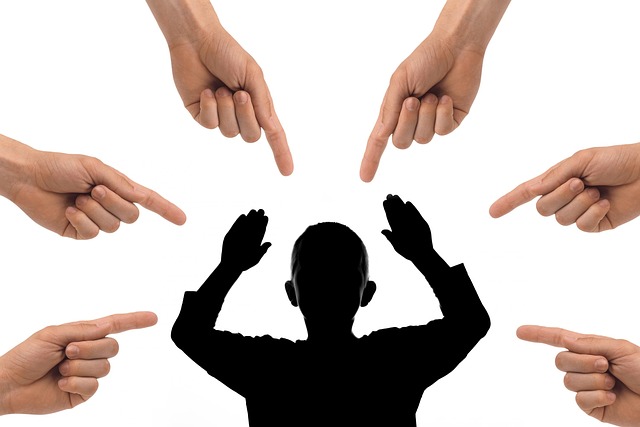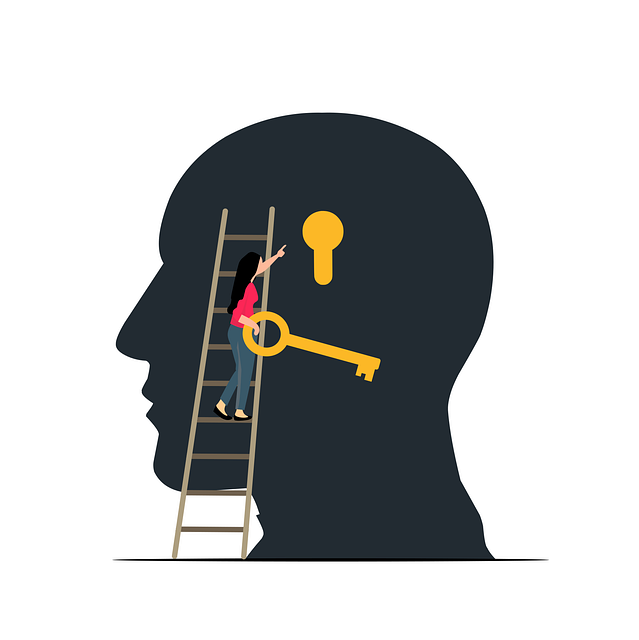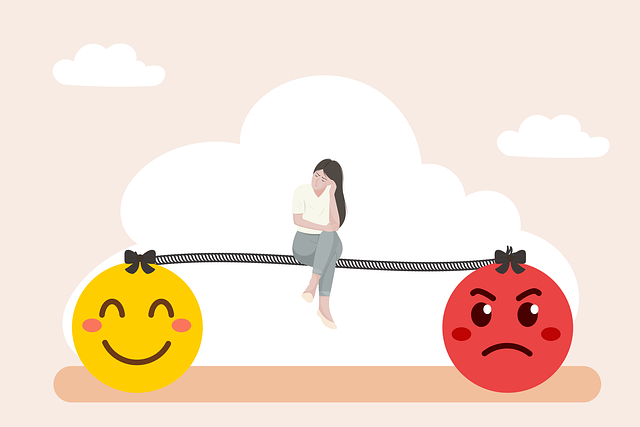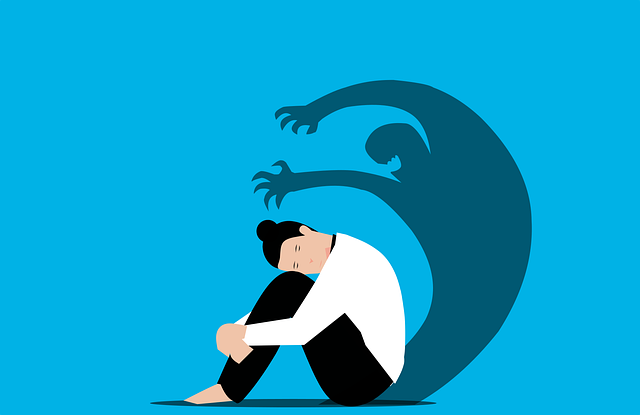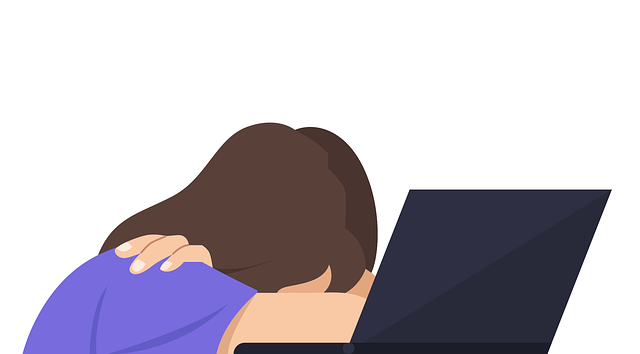Boulder Child Abuse Therapy creates safe spaces for mental wellness groups, fostering emotional healing through structured discussions, self-awareness exercises, and interactive activities. They emphasize active listening, cultural sensitivity, and evidence-based practices to build resilience and reduce stigma. This holistic approach combines group dynamics with personalized coping strategies, enabling survivors to thrive despite past abuse.
Mental wellness groups play a pivotal role in fostering healing and empowerment, especially for individuals who have experienced trauma. This article explores effective facilitation techniques designed to create safe spaces, encouraging participants to share and support one another. We delve into strategies inspired by Boulder Child Abuse Therapy, showcasing how these group settings can facilitate profound healing. By understanding the dynamics of mental wellness groups, facilitators can empower individuals on their journey towards resilience and well-being.
- Understanding Mental Wellness Groups: Creating a Safe Space
- Facilitation Techniques for Empowering Participants
- Boulder Child Abuse Therapy: Strategies for Group Support and Healing
Understanding Mental Wellness Groups: Creating a Safe Space

In facilitating mental wellness groups, creating a safe and supportive environment is paramount. These spaces serve as sanctuaries where individuals can openly discuss their experiences, emotions, and struggles without fear of judgment or repercussions. Much like Boulder Child Abuse Therapy centers, group settings foster emotional healing processes through collective understanding and empathy. By cultivating an atmosphere of trust and confidentiality, facilitators enable participants to build resilience and develop coping strategies tailored to their unique needs.
The process begins with establishing clear boundaries and expectations, ensuring every member feels heard and respected. Incorporating self-awareness exercises into the group dynamic further strengthens this safe haven. Through interactive activities and discussions, facilitators guide members in exploring their thoughts and feelings, fostering personal growth and a deeper understanding of themselves. This approach resonates with the principles behind Mental Wellness Podcast Series Production, which emphasizes storytelling as a tool for healing and connection.
Facilitation Techniques for Empowering Participants

Effective group facilitation plays a pivotal role in enhancing mental wellness and fostering a supportive environment for participants, especially those navigating challenging topics like child abuse recovery. Techniques that empower individuals within these groups are essential to their long-term success. One such technique is active listening, where facilitators give undivided attention to each member, ensuring their voices are heard and validated. This simple yet powerful approach encourages participants to express their thoughts and feelings openly, fostering a sense of belonging and understanding.
Additionally, incorporating interactive activities tailored to the group’s needs can significantly boost confidence and self-expression. These activities might include role-playing scenarios relevant to their experiences, allowing them to practice new coping strategies in a safe setting. For instance, a facilitator could guide a discussion on burnout prevention through a group exercise that identifies signs of stress and promotes healthy boundaries. By addressing topics like cultural sensitivity in mental healthcare practice, facilitators can create an inclusive space where diverse perspectives are respected and understood, further enhancing the overall well-being of members, as seen in Boulder Child Abuse Therapy practices.
Boulder Child Abuse Therapy: Strategies for Group Support and Healing

Boulder Child Abuse Therapy offers powerful group facilitation techniques designed to support and heal individuals who have experienced childhood abuse. These strategies focus on creating a safe, supportive environment where participants can share their stories, process emotions, and build resilience. Through structured discussions, self-awareness exercises, and creative activities, facilitators guide members in navigating complex feelings and fostering understanding among peers.
The approach emphasizes the importance of public awareness campaigns development to reduce stigma and encourage help-seeking behaviors. By combining group dynamics with evidence-based practices, Boulder Child Abuse Therapy facilitates profound personal growth and promotes mental health awareness for those affected by abuse. This holistic approach ensures that individuals not only survive but thrive, building a brighter future despite their past experiences.
Mental wellness group facilitation plays a pivotal role in fostering healing and empowerment, as evidenced by Boulder Child Abuse Therapy’s strategies. By creating safe spaces and employing techniques that encourage open communication, facilitators can help participants navigate their experiences and build resilience. These groups offer a unique tapestry of support, enabling individuals to heal, grow, and find strength in shared understanding. Incorporating diverse facilitation methods empowers members to take ownership of their mental wellness journeys, ultimately revolutionizing their lives.




